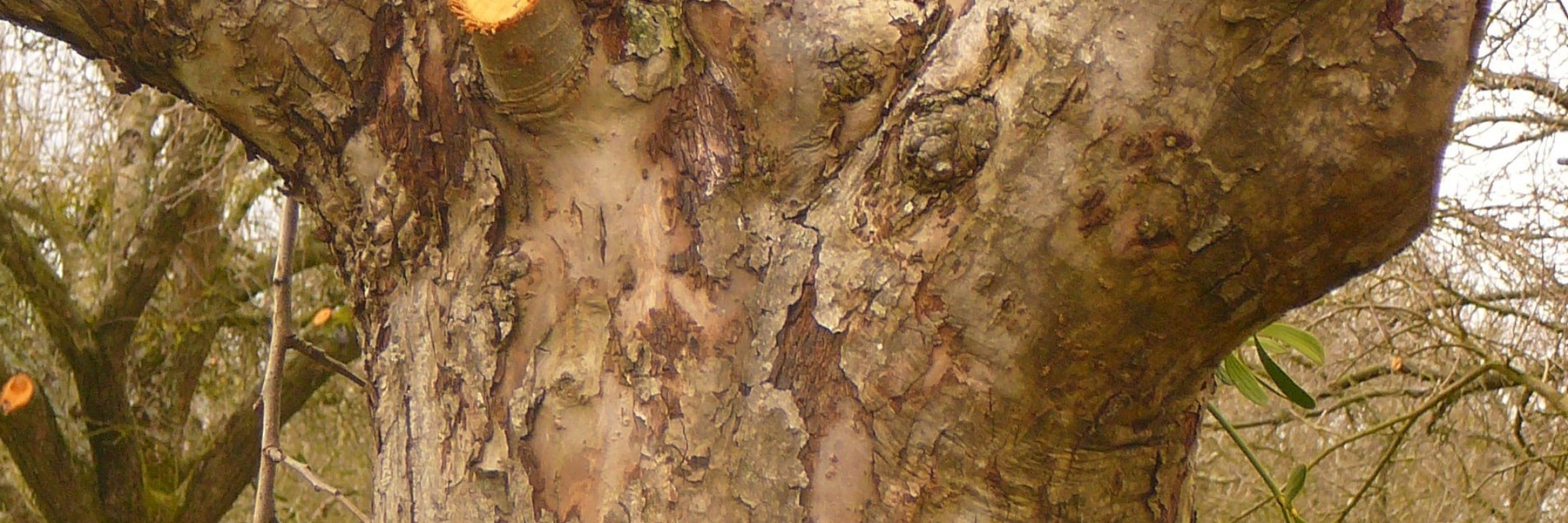
Sustainability
Sustainability is Important
Everyone at Sheppy’s is dedicated to safeguarding the environment and preventing pollution. We strive to minimize waste—especially packaging, encourage recycling, lower energy consumption and water usage, reduce harmful emissions, and collaborate with suppliers who uphold strong environmental policies whenever possible.
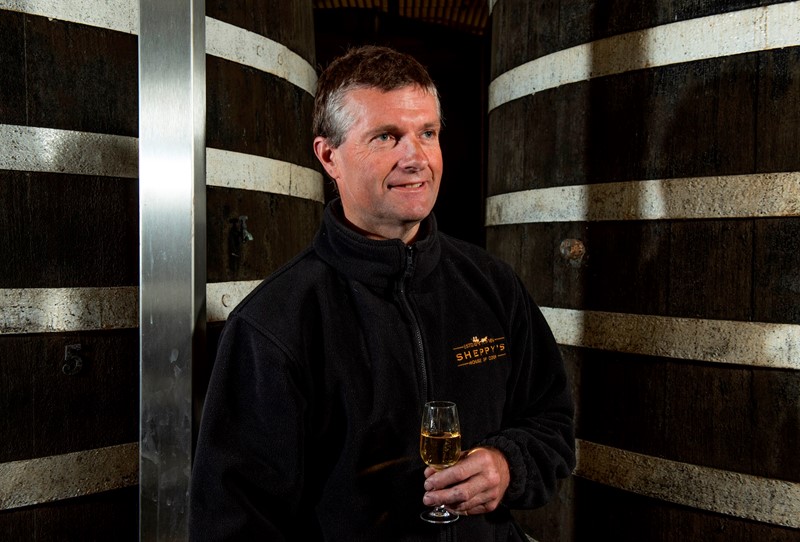
David Sheppy
At Three Bridges Farm, our farming environment is vital to our operations, and with a century of history behind us, ensuring a sustainable future is our main focus. We have made substantial investments in waste management and solar energy, along with numerous smaller improvements throughout the business. However, there's always more that can and should be accomplished.
Since the war, farmers have faced pressure to adopt more intensive farming practices. Our current priority is to discover ways to blend commercial farming and orcharding with nature-friendly methods, allowing for areas that remain completely wild. We already host a diverse range of wildlife in and around our rugged, hollow standard apple trees, and adopting a less "tidy" approach on the farm can further enhance this biodiversity.
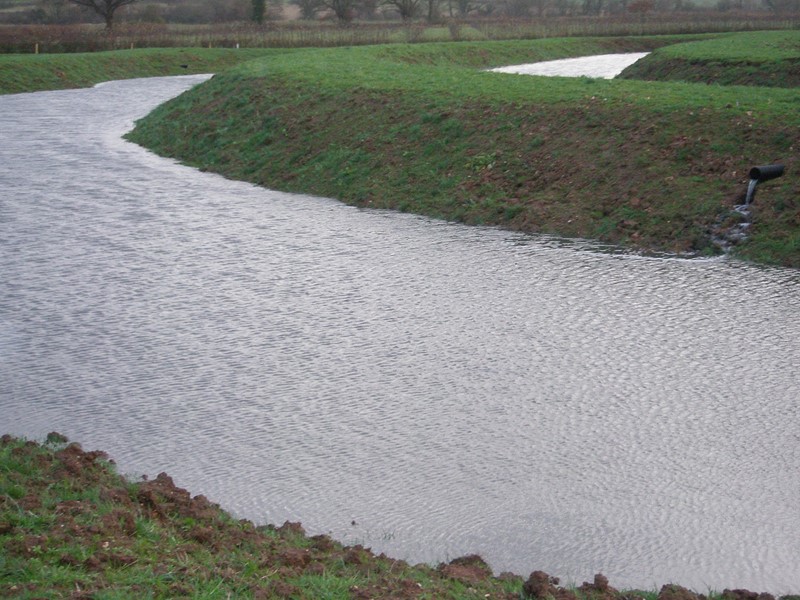
WET System
in 2007 we installed a WET (Wetland Ecosystem Treatment) system for the management of effluents from cider production.
Sculpted into our impervious clay sub-soil and planted with thousands of willows and marginal plants, the series of ponds is designed to absorb and degrade the effluents in a natural way.
The self contained system makes it unnecessary to tanker waste away whilst also offering a habitat for all sorts of wildlife, including birds such as snipe, starlings moorhens, swallows, warblers and many more.
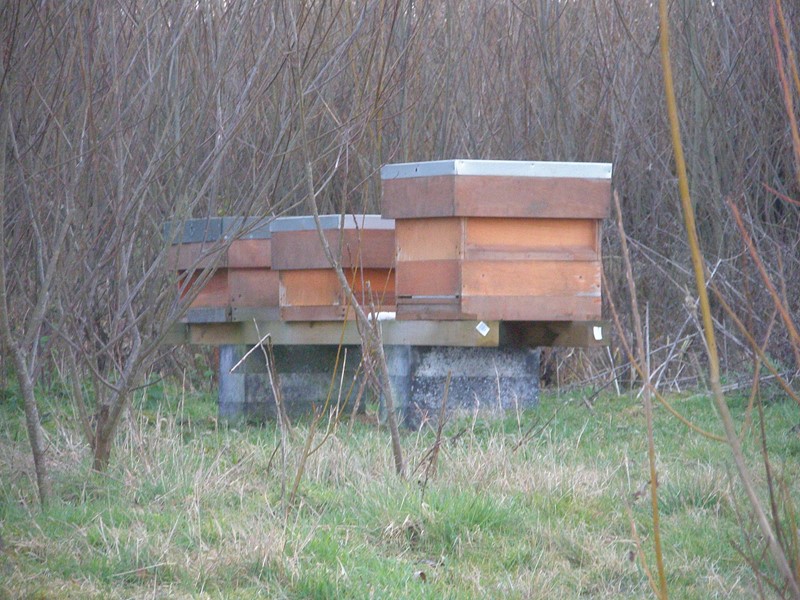
Bees and wildlife
At Sheppy's we value the role wild bees and honey bees play not only in our business, but in human life as a whole. We have a couple of hives on the farm to help with pollination.
Situated in specifically located areas throughout the farm we have beehives where we encourage pollination.
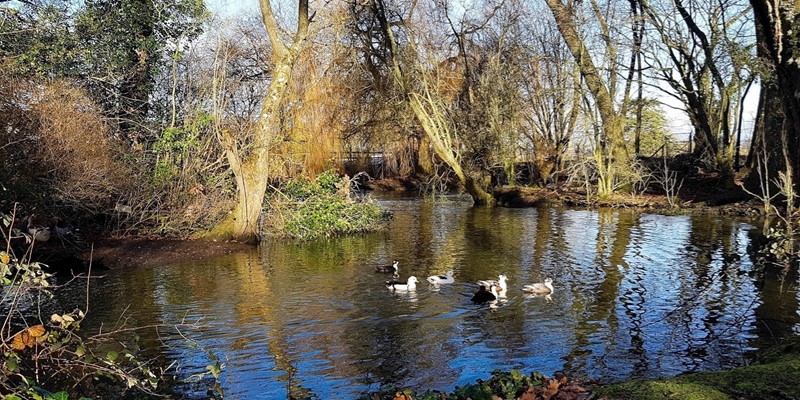
varied habitats
Mature trees play a vital role in any natural habitat. Our ancient oaks, willows, poplars (which serve as windbreaks), ashes, alders, and other species, along with our historic standard apple trees, create a diverse environment for numerous insects, animals, and birds.
Younger trees, such as the thousands of willows in our WET system, along with hedges, provide food and shelter for many species residing on the farm. Seasonal visitors like redwings and fieldfares in winter, as well as swallows in summer, have signalled the changing seasons for generations. They continue to delight our human guests, who can enjoy the tranquil duck pond amid a mature woodland backdrop.
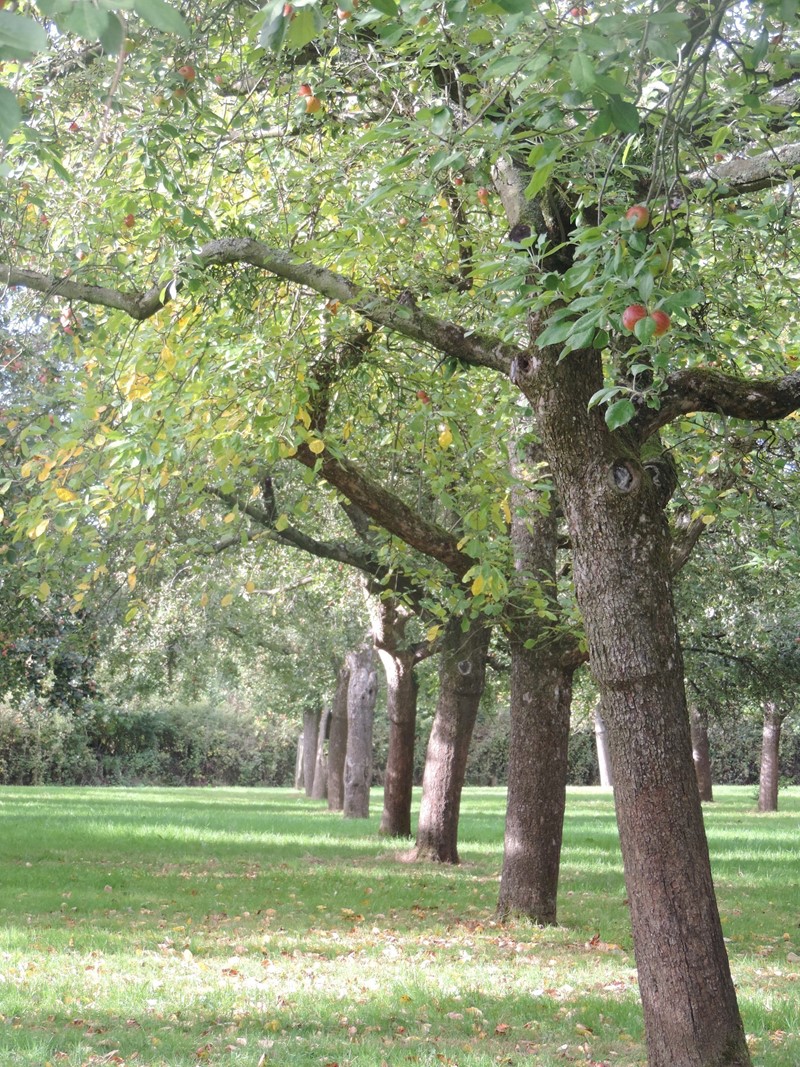
Orchard trees
Our 90 acres of orchards include one certified organic orchard, whose antient (100 years old) trees have reached their full size at about half the size of an oak tree. Our other orchards, *bush" orchards are younger and have been planted more intensively with up to 300 trees per acre. This is a less rich habitat, but the orchard margins are left and populated with seasonal wild flowers to encourage pollinators
Get in touch
Three Bridges Farm, Bradford-on-Tone, Taunton TA4 1ER - Opening hours for the House of Cider. Monday - Saturday 9:00am - 5:00pm, Sundays 10:00am - 4:00pm. Please look at full opening times, under contacts, to see the café and restaurant food service times.

